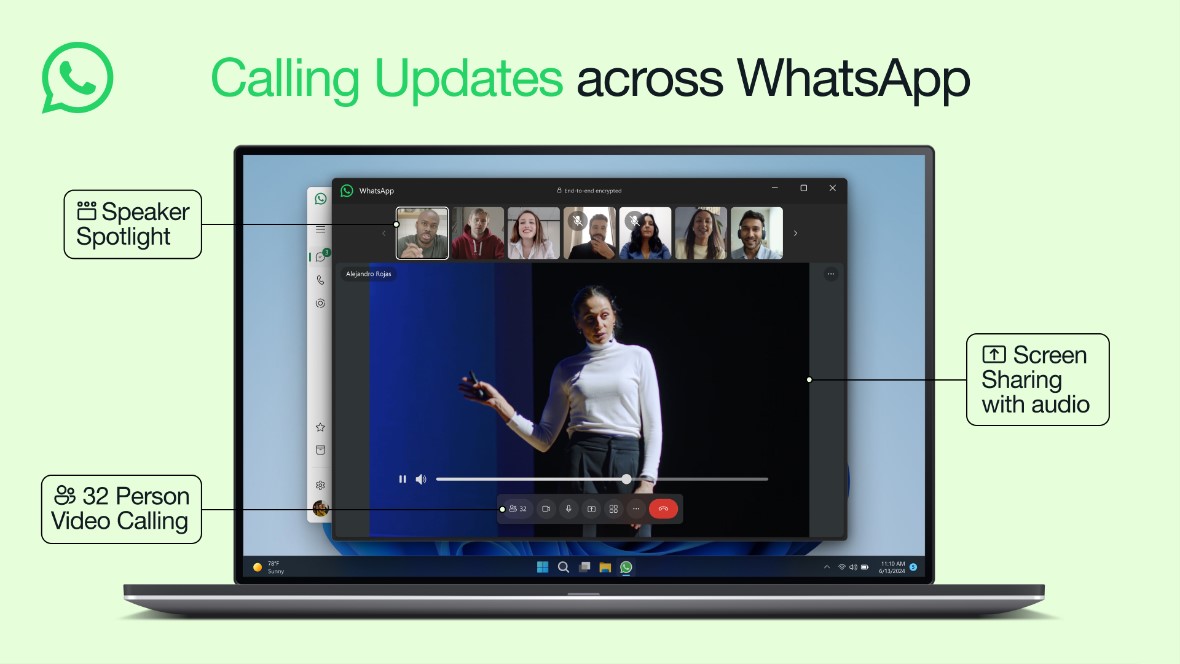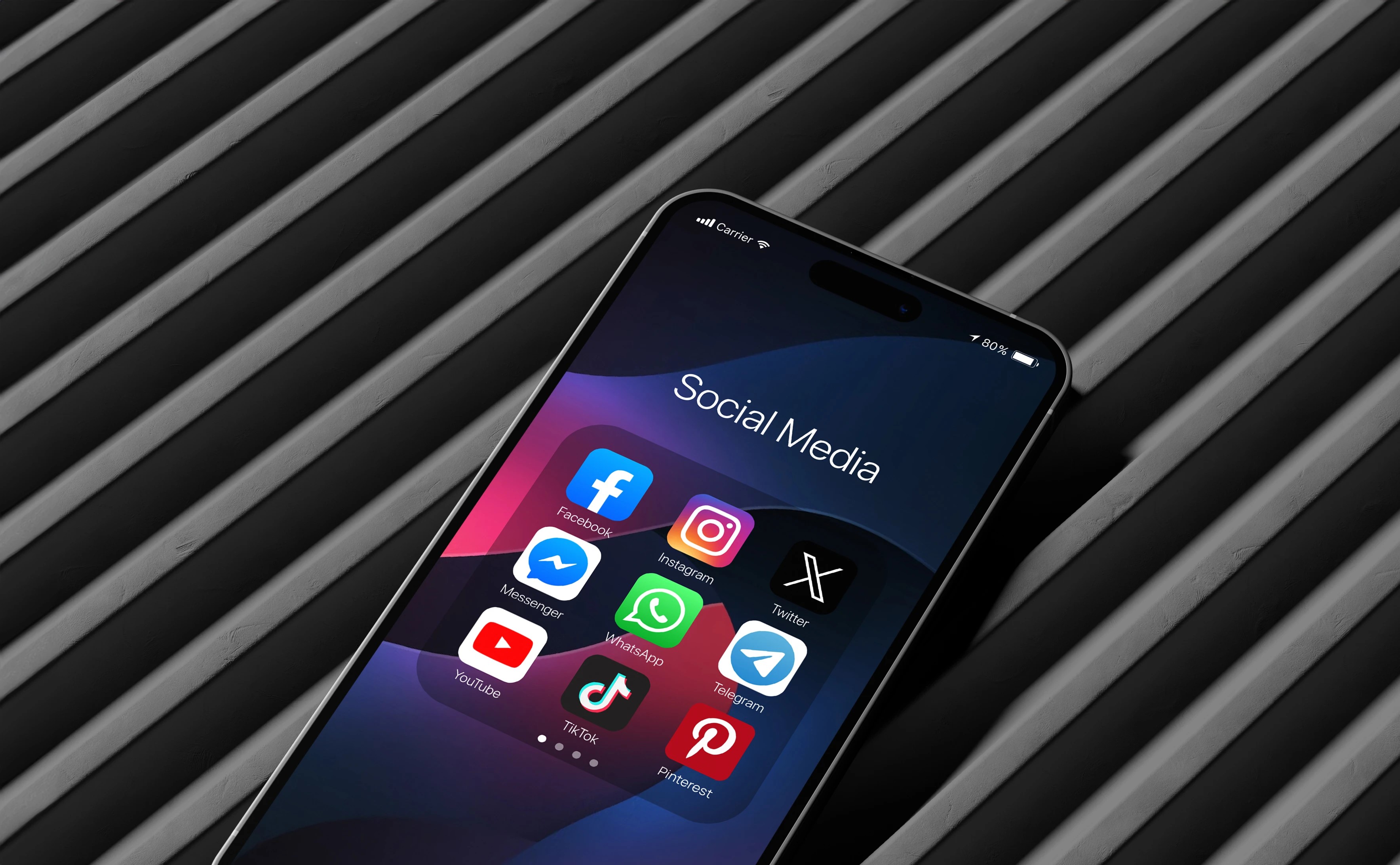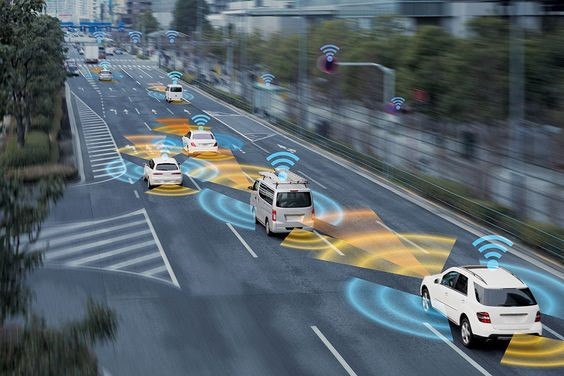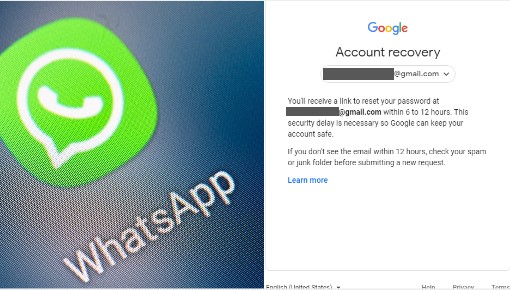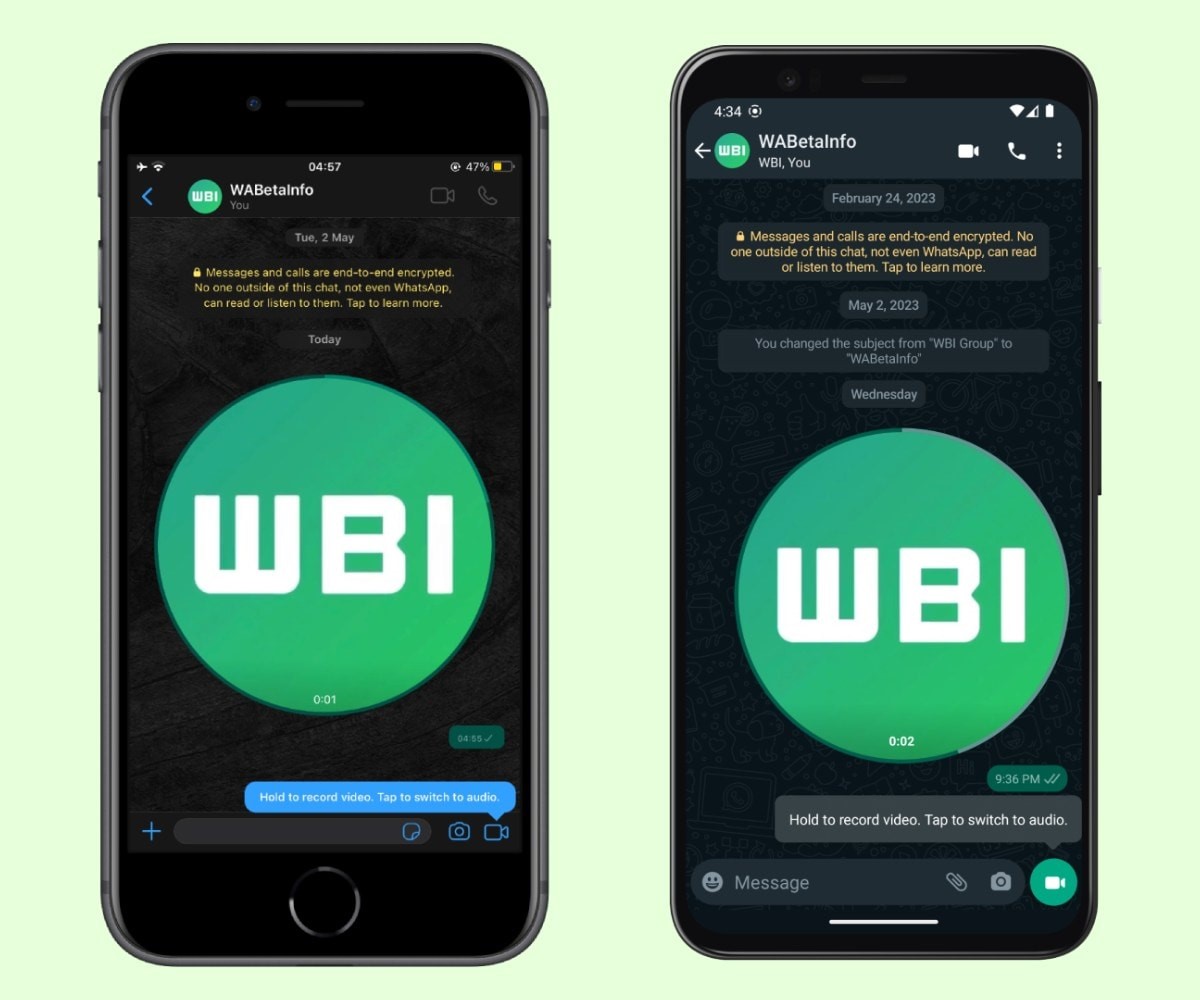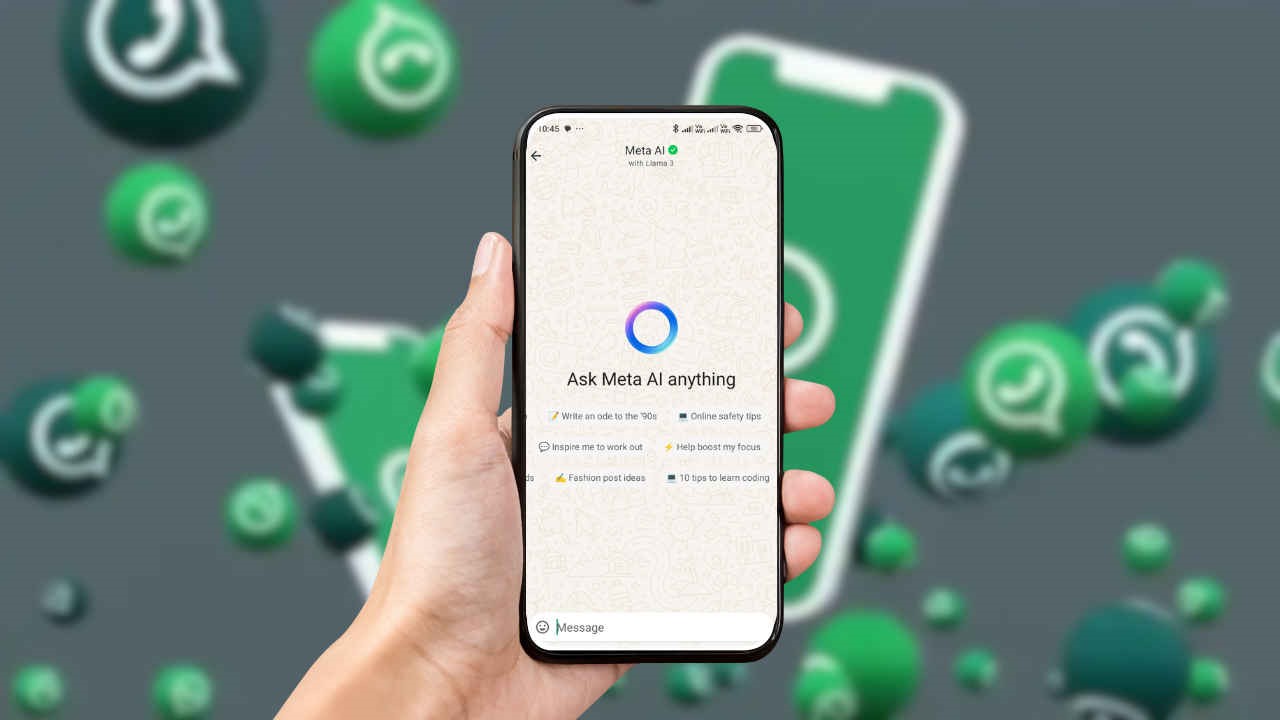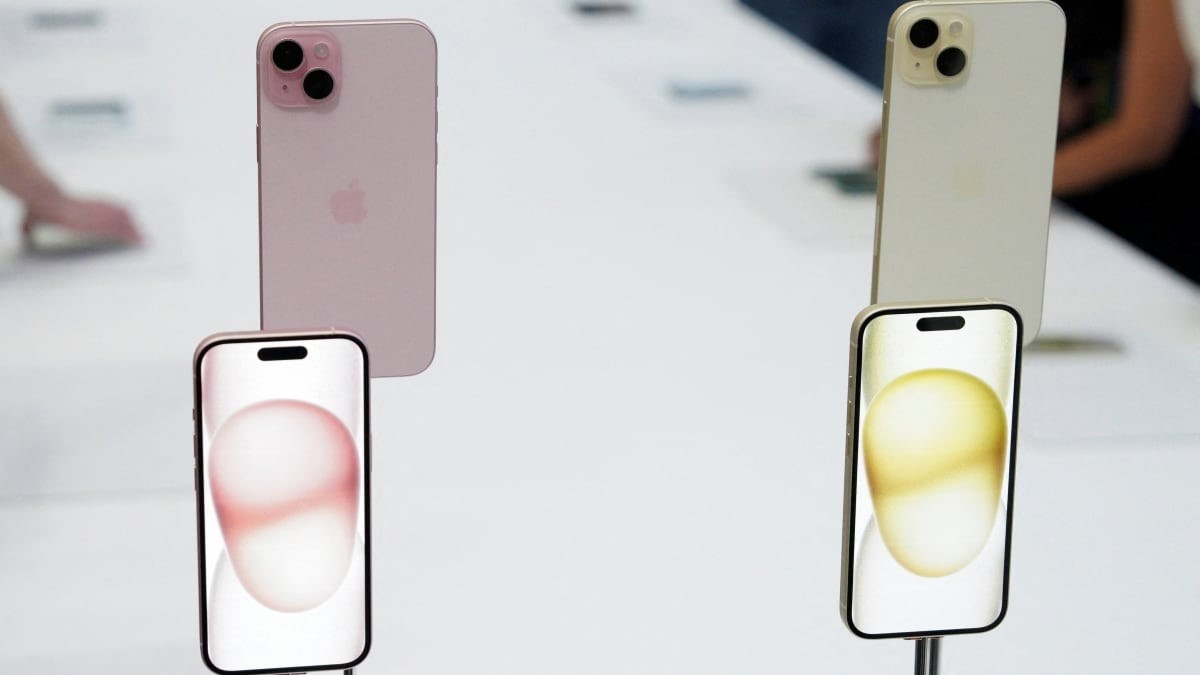The Primary Issue with Recall Is That People Lack Trust in Microsoft
The Recall debacle illustrates why people distrust tech companies, with Microsoft being notable for its history of adding confusing and unnecessary features to its operating system. Microsoft is facing challenges with Recall. After promoting it as the key feature of its new Copilot+ PCs, the company appeared unprepared for the backlash. Many users are skeptical of a feature that takes screenshots of their PCs every five seconds, despite Microsoft's assurances about privacy.
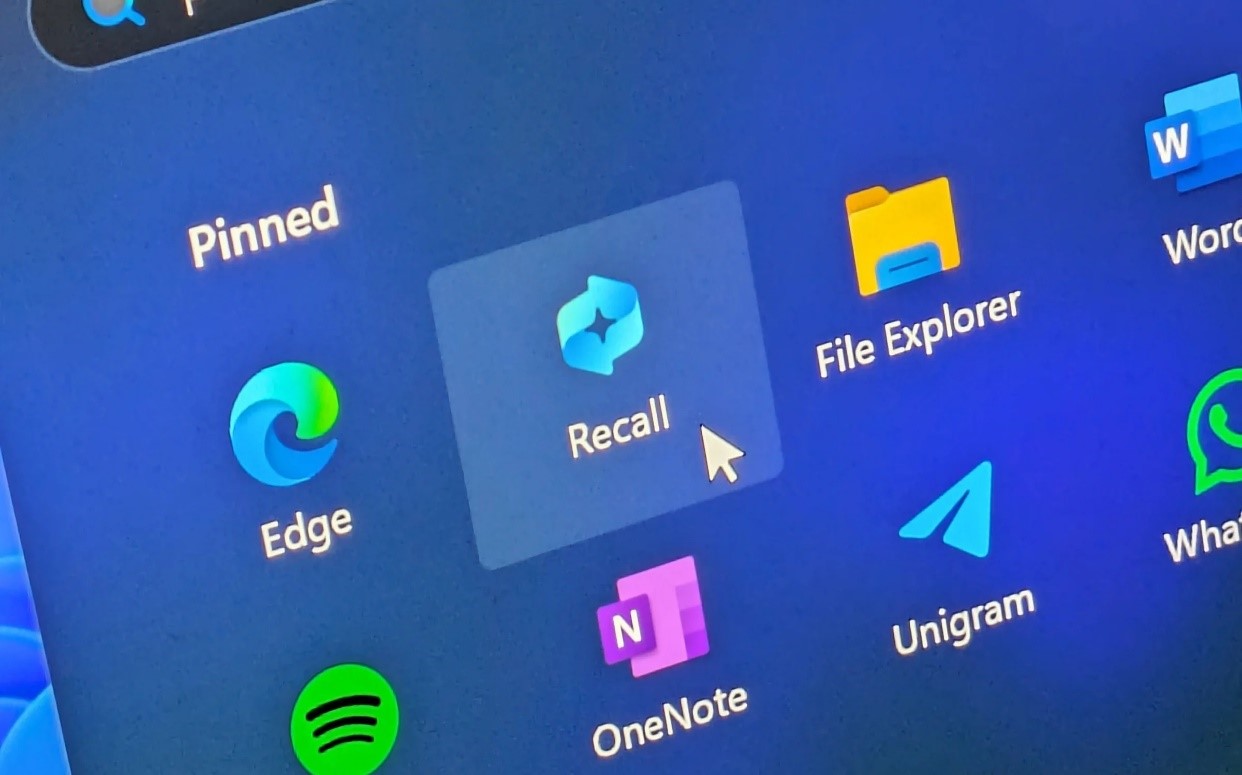
Figure 1. The Primary Issue with Recall Is That People Lack Trust in Microsoft.
Now, after announcing several adjustments to enhance Recall's security, Microsoft has decided to delay its release and will first test the feature with Windows Insiders before making it available to the public. This means Copilot+ PCs won't have their flagship feature when they launch next week.
Figure 1 shows the primary issue with recall is that people lack trust in Microsoft. It’s a significant setback for Microsoft. What's surprising is how taken aback company representatives seem by the public's reaction. However, it underscores the widespread distrust people have towards tech companies, particularly Microsoft.
Microsoft aims to win over users with Windows
Back in 2015, Microsoft CEO Satya Nadella set a bold goal for Windows: “We want to move from people needing Windows, to choosing Windows, to loving Windows.” More than nine years later, most PC users still don’t love Windows. Despite relying on Windows every day, many appreciate aspects of the PC hardware and software ecosystem rather than the operating system itself. They may value elements like the familiar desktop, powerful keyboard shortcuts, excellent window management, and the robust backward compatibility with a wide range of software.
But do they love Windows as a product? Let’s be frank. Most PC users aren’t eagerly anticipating new features. After years of sometimes intrusive updates to Windows 10 that introduced features like My People, Paint 3D, and Windows 10 S, which often didn’t gain traction, people have become disillusioned. In fact, they approach major changes to Windows with caution, wondering what Microsoft might break next.
There is a lack of trust in Microsoft among people
Over the years, Microsoft has lost the trust of PC users for several reasons, and it's challenging to summarize them all. One significant issue is Microsoft's increased inclusion of advertisements in Windows, particularly noticeable since Windows 10. This began with pre-installed apps like Candy Crush Saga pinned to the Start menu. Today, Windows includes a feed of viral stories, pop-ups for Edge and Bing, prompts to set up OneDrive, and other intrusive elements.
When Microsoft introduces new ways of doing things, the approach often feels more punitive than persuasive. For instance, Microsoft frequently blocks workarounds that allow users to set up Windows with a local user account. While using a Microsoft account has benefits, Microsoft seems more focused on preventing the use of local accounts than on explaining the advantages of an integrated account. Furthermore, Microsoft sometimes disregards user preferences. Windows defaults to using Edge and Bing for certain tasks, such as starting a search from the Start menu, regardless of the browser and search engine preferences set by the user.
Who's quietly making changes in the background? Oh, it's Microsoft
Microsoft assures users that Recall is solely intended for Copilot+ PCs and that individuals will have the choice to use it or not, yet there are valid reasons for skepticism. While I think Recall will be exclusively on those Copilot+ PCs due to a strong neural processing unit being required to perform the work, but users can notice when Microsoft announced it
All About the Cloud—Until Recall
Microsoft's introduction of Recall represents a notable departure from its longstanding push towards cloud-based services. Over the years, Microsoft has encouraged users to embrace the cloud by signing in with a Microsoft account, syncing files to OneDrive, using subscription-based Office through Microsoft 365, and syncing browsing data through Edge. However, Recall, an AI feature that captures PC screenshots every five seconds on Copilot+ PCs, operates differently. Microsoft claims that all data will remain local on the PC itself, assuring users that nothing will be sent to Microsoft. This shift is significant given Microsoft's previous emphasis on cloud integration, leading some users to question whether the company's stance on local data storage may evolve in the future.
It's Not Just Microsoft
Many people distrust tech companies, and recent incidents like Google's Gemini AI suggesting eating rocks and Apple's backlash over on-device photo scanning highlight reasons for this skepticism. However, the Recall controversy reflects poorly specifically on Microsoft. Unlike Google and Apple, which often generate excitement with their new features, Microsoft's announcements are typically met with less enthusiasm from Windows users. Instead, Microsoft is often associated with updates that introduce unwanted advertising and other intrusive elements into the Windows operating system.
What Would It Take to Love Windows?
The last significant new Windows feature that positively impacted PC usage was likely the upgraded window snapping functionality introduced with Snap Layouts in Windows 11. Despite this, people remain skeptical of new features in Microsoft and Windows products. This skepticism is evident in the disparity between the reactions to Microsoft's Recall and Apple's Apple Intelligence. Despite Recall being touted as more privacy-centric, there is more outrage directed towards it compared to Apple Intelligence. This discrepancy can be attributed to Apple's established trust with its users, its reputation for prioritizing user privacy, and the anticipation of useful new features among Apple users. In contrast, Windows users often expect new features to be disruptive and to prioritize cloud uploads, contributing to their lack of enthusiasm for the Windows platform.
The Recall controversy negatively impacts Windows on Arm.
The controversy surrounding Microsoft's Copilot+ PCs with Recall detracts attention from other compelling aspects, such as the upcoming Qualcomm Snapdragon X PCs. These devices are poised to be the first competitive Windows on Arm PCs, promising to rival Apple’s M-series MacBooks in performance and significantly improve battery life compared to current Intel and AMD laptops. This development represents a significant milestone after more than a decade of efforts to establish Windows on Arm.
References:
- https://www.pcmag.com/opinions/the-real-problem-with-recall-people-dont-trust-microsoft
- https://www.windowscentral.com/software-apps/windows-11/microsoft-has-lost-trust-with-its-users-windows-recall-is-the-last-straw
Cite this article:
Gokila G (2024), The Primary Issue with Recall Is That People Lack Trust in Microsoft, AnaTechMaz, pp.157


 The Rise Of Connected Vehicles, Smart On Wheels
The Rise Of Connected Vehicles, Smart On Wheels 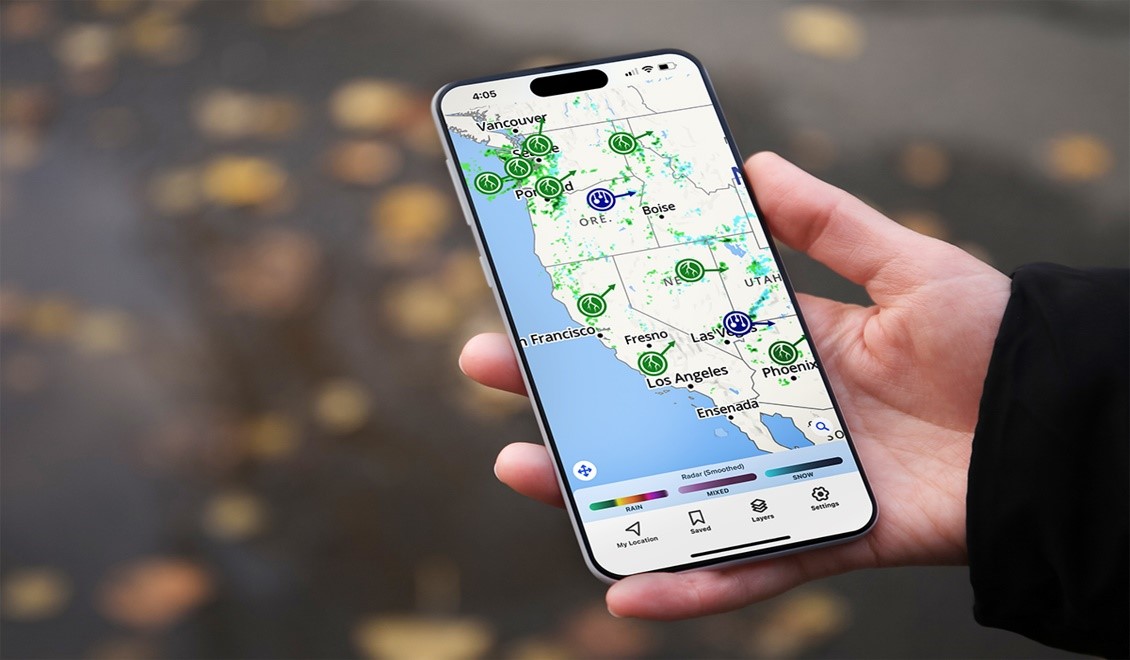 Stay Ahead of Storms with Weather Hi-Def Radar
Stay Ahead of Storms with Weather Hi-Def Radar  App Utilizes Smartphone Sensors to Detect Heart Failure Signals
App Utilizes Smartphone Sensors to Detect Heart Failure Signals 